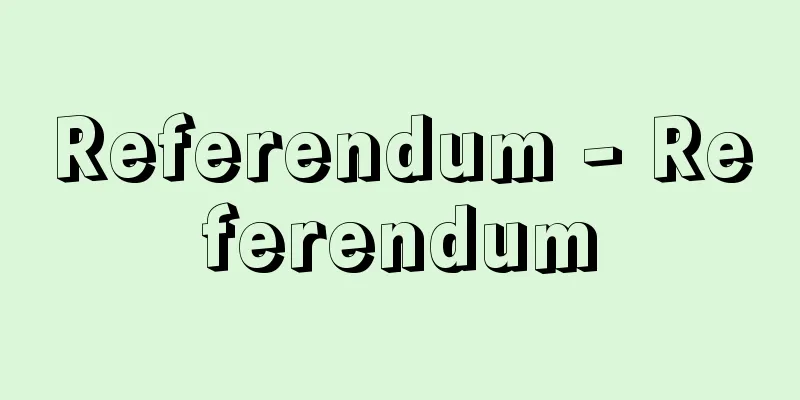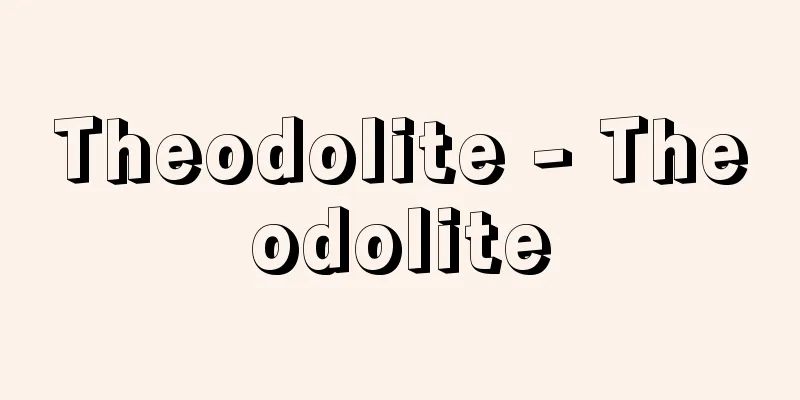Referendum - Referendum

|
A referendum is a direct expression of will by residents of a local government on a specific matter through voting. There are three types of referendum: referendums on whether to enact a special local autonomy law (a special law that applies only to one local government) based on Article 95 of the Constitution; referendums on whether to support a direct request such as a request to dissolve a local assembly or to dismiss assembly members or the head of a local government; and referendums based on local ordinances. Generally, the term "referendum" refers to a referendum based on local ordinances. Unlike the other two types of referendums, referendums based on local ordinances are not legally binding, but are only politically binding. In 1996, the first referendum ordinance was enacted and held in Maki Town, Niigata Prefecture, regarding plans to build a nuclear power plant. Since then, referendums have been held in various places in response to requests for the enactment of ordinances regarding the construction of waste disposal sites, U.S. military facilities, movable dams, and other issues. Some criticize referendums as making representative democracy into a mere formality, but others argue that referendums should be positioned as a system that supplements representative democracy, on the grounds that elections held every four years do not allow for a vote of confidence in dealing with issues that arise after the election, and that local assemblies, as things stand, are not fully listening to the voices of residents. (Toshiya Kitayama, Professor at Kwansei Gakuin University / Kyoko Kasa, Professor at Meiji University Graduate School / 2007) ReferendumPlease see the "Right to make a direct claim" page. Source : "Chiezo" published by Asahi Shimbun Publications Co., Ltd. About Chiezo |
|
地方公共団体の住民が、特定の事項について、投票により直接に意思表示すること。憲法95条に基づき地方自治特別法(1つの地方公共団体のみに適用する特別法)の制定の可否を問う住民投票、地方議会の解散要求や議員・首長の解職要求などの直接請求を受けて賛否を問う住民投票、条例に基づく住民投票の3つがある。一般に住民投票といえば、条例による住民投票を指す。条例上の住民投票は、他の2つの住民投票と異なり、投票結果に法的拘束力はなく、政治的拘束力にとどまる。1996年に初めて新潟県巻町で、原子力発電所の建設計画を巡り住民投票条例が制定、実施された。その後各地で、廃棄物処理場や米軍施設、可動堰の建設などを巡って条例の制定が請求され、住民投票が行われている。住民投票は、代議制民主主義を形骸化させるとの批判もあるが、4年に一度の選挙では、選挙後に生じた問題への信任ができない、現状では地方議会が住民の声を十分吸い上げているとはいえないとして、代議制を補う制度と位置づける主張もある。
(北山俊哉 関西学院大学教授 / 笠京子 明治大学大学院教授 / 2007年) 住民投票「直接請求権」のページをご覧ください。 出典 (株)朝日新聞出版発行「知恵蔵」知恵蔵について 情報 |
<<: Resident's card - Resident's card
>>: Resident lawsuit - Juumin Sosho
Recommend
Polar solvent - polar solvent
When a liquid with a large dielectric constant act...
diligence
…In England, in 1708, regular trains ran between ...
Ipatiev
1867‐1952 A chemist born in Moscow. A pioneer in h...
Acts of the Apostles
A book of the New Testament following the four Gos...
Ministry of Communications
This government agency had general administration...
International Military Tribunal for the Far East
…After World War I, the Permanent Court of Intern...
Orbeliani, SS - Orbeliani
…Tiflis (now Tbilisi) had a population of 25,000 ...
Foot soldier residence - ashigaru yashiki
…The difference between a farmhouse and a samurai...
Coşbuc, G. (English spelling)CosbucG
…Official name: Romania Area: 237,500 km2 Populat...
Strike Note
…The natural vibration of a Western bell is also ...
Outline of Linguistic Analysis
...In phonology, the work of Bernard Bloch (1907-...
Hellbender
…A special national natural monument. Closely rel...
Oka
One of the surnames. [Additional information] Peop...
Wayang orang (English spelling)
…Wayang goreh in Western Java is still popular to...
Akira Ohta
1884-1956 A Japanese history scholar from the Tai...

![Tanabe [city] - Tanabe](/upload/images/67cc241793fab.webp)







